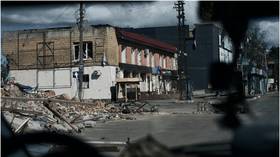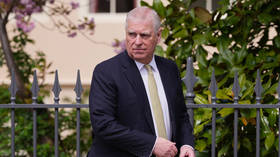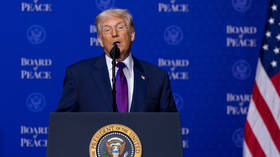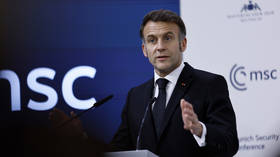EU shifts toward ‘war economy’ – official

The European Union’s defense industry has partially switched to a war economy, European Commissioner for Internal Market Thierry Breton has said.
Kiev could face a “dangerous period” this year as the focus of Western politicians backing it has now turned to the European Parliament elections on June 6-9 and US presidential election on November 5, Breton explained in an interview with French broadcaster BFMTV on Monday.
Russia may well take advantage of this “uncertainty” and “move forward” on the front line, he said.
“Because of this, we in Europe have decided to significantly increase our subsidies in terms of weapons and ammunition” for Ukraine, the commissioner stressed.
According to Breton, the EU is now on track to be producing 2 million shells, including 155mm caliber, per year for Ukraine.
He said that it is fair to say the EU has “moved into a war economy” at least in terms of shell production.
“Now the challenge is for us to move into a war economy in all segments of the European defense industry,” the commissioner added.
In March, the European Commission approved the allocation of €500 million ($590 million) to boost the production of shells in the EU. According to Brussels, the bloc will be able to make 2 million shells annually by the end of 2025.
Last year, the EU vowed to supply Kiev with 1 million shells by March 2024. However, it later acknowledged that it would not be able to meet this goal. Ukrainian officials said that they received around a third of what had been promised.
In April, French President Emmanuel Macron insisted that the switch to a war economy was “necessary” as defense spending and military orders have been on the rise across the EU.
Russia has warned repeatedly that foreign weapons being sent to Kiev will not prevent Moscow from achieving its military goals, but will merely prolong the fighting and increases the risk of a direct confrontation between Russia and NATO. According to officials in Moscow, the provision of arms, intelligence sharing, and the training of Ukrainian troops mean that Western nations have already become de-facto parties to the conflict.













